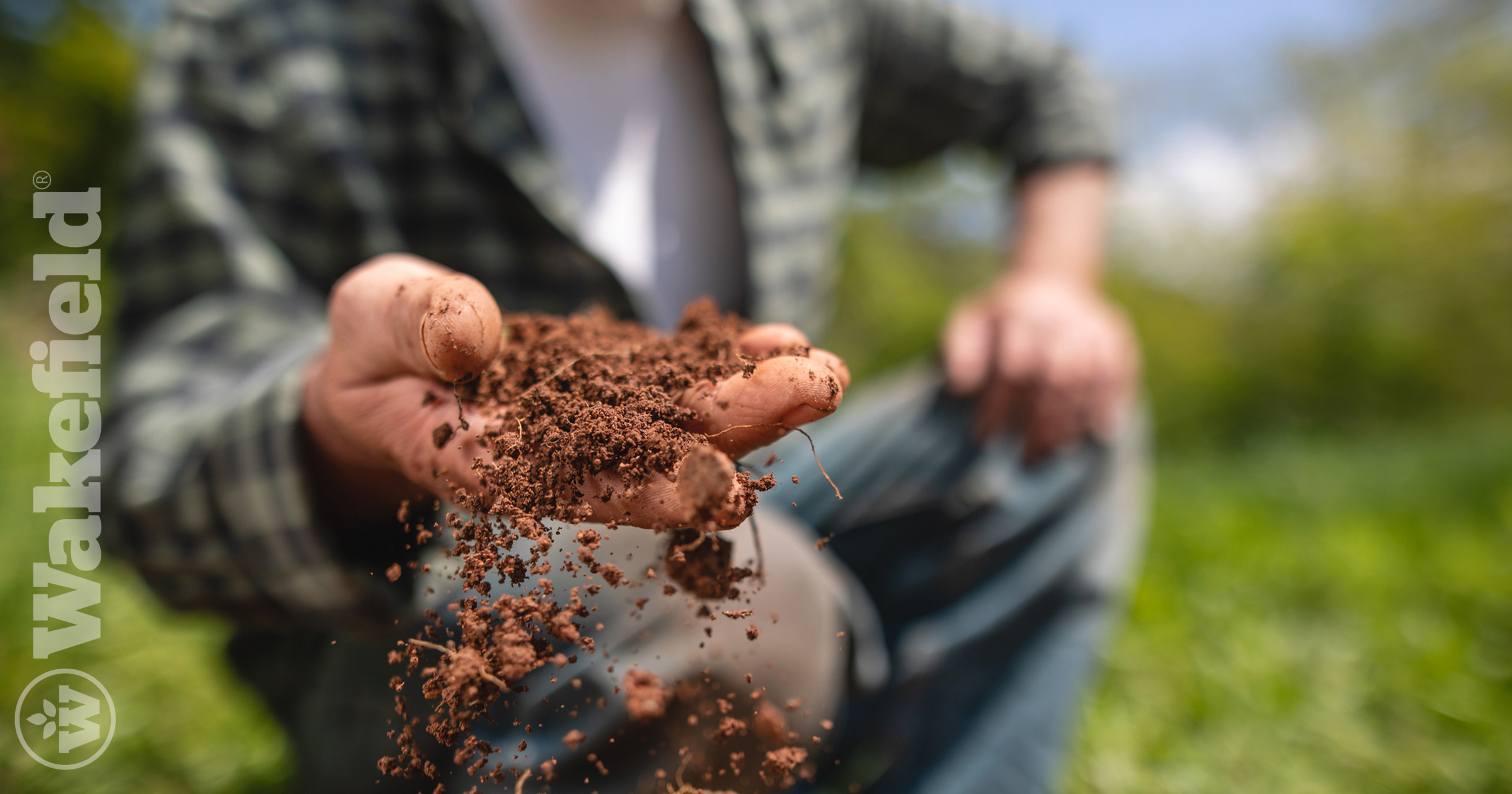How Often Should You Use Biochar?

One of the great benefits of using biochar (many other instances of “biochar” to be fixed) is that you don’t need to use it that often to gain spectacular results in your soil. Most people will only need to use biochar once with smaller applications for a few years to follow. After that, it will generate the necessary nutrients itself and not require reapplication. That’s why biochar is considered a soil amendment, not a fertilizer.
How often you will need to apply biochar depends on the condition of your soil. If your soils are severely nutrient-depleted, you may have to use biochar for a somewhat longer period.
Learn how to use biochar based on the needs of your particular property.
Annual Application of Biochar
One of the easiest ways to apply biochar around your existing lawn, trees, and shrubs–as well as your gardens–is simply spreading 1 cubic foot of biochar over 350 square-foot of soil. Just rake it into the ground. With lawncare, please aerate the lawn first to allow the biochar the best opportunity to get into the soil.
An alternative involves applying an even mix of biochar and compost into the soil. This is an especially good choice for garden areas. An ideal application rate is 10% of the plantable soil is biochar. A cubic foot bag of biochar is perfect for an 8’x4’ raised bed garden. Any severely depleted soils will require the immediate support provided by organic materials.
No matter which method you choose, add water daily for several days after mixing biochar into the soil.
How Much Biochar Do You Need?
Most home gardeners will need to apply 10 percent of biochar in the soil’s top 6 inches. That’s the area beneath the roots of various types of plantings. However, even using as little as 5 percent biochar will improve soil.
What about lawns? biochar can help you achieve a lush, vibrant lawn and you’ll only need about 5 percent biochar mixed down into this root zone. For new lawns, wait at least one week after applying biochar before planting grass seed.
Composting With Biochar
By composting with biochar, you can boost the compost’s potency for your soil! One of biochar’s great advantages is its nitrogen and water absorption ability. Add biochar to compost, and nitrogen levels increase significantly and the soil is more drought resistant. Mixing biochar and compost increases fungal activity. In turn, that reduces ammonia and increases nitrates.
If you’re familiar with composting, you know that it can take some time before the materials mature into the dark crumbly matter you can use in the garden. Depending on the “greens and browns” in your compost pile, it can take between one month and one year to achieve the desired results. Adding biochar speeds up that process considerably.
There’s another plus. Composting can cause odors. After all, it’s common to use manure in composting. Adding biochar to the mix reduces odors in both the short- and long-term.
For best results, apply biochar when you start out composting, rather than adding it to an older pile. However, there’s nothing wrong with adding biochar to an existing pile or to compost already spread in the garden.
When applying a biochar/compost combo, use a tiller to work the mix into the soil.
Contact Us
Do you want to improve your property while helping the environment? Contact us and learn how biochar can help you reach both goals. Wakefield BioChar, established in 2014, wants to make this a better world through carbon solutions.





